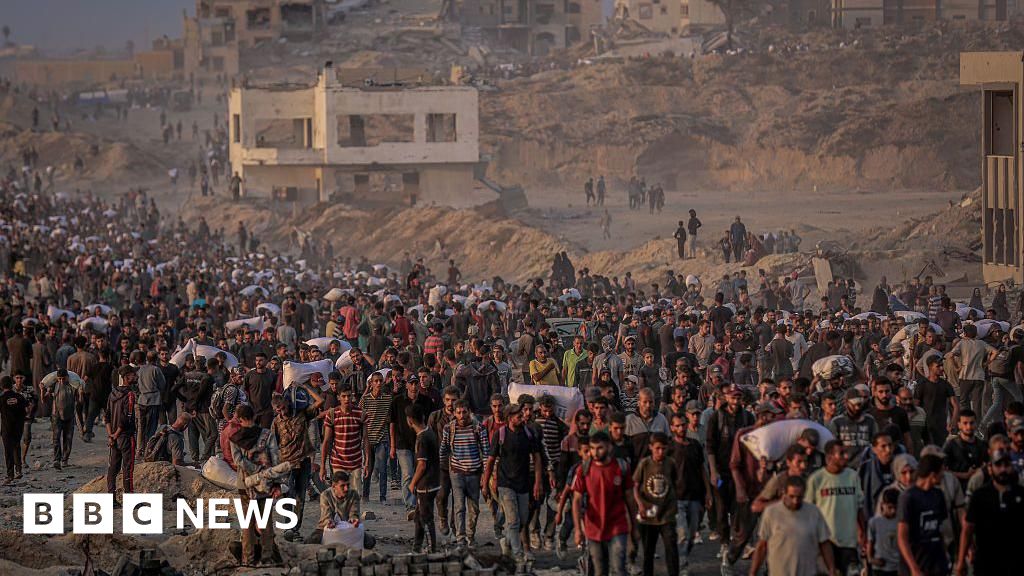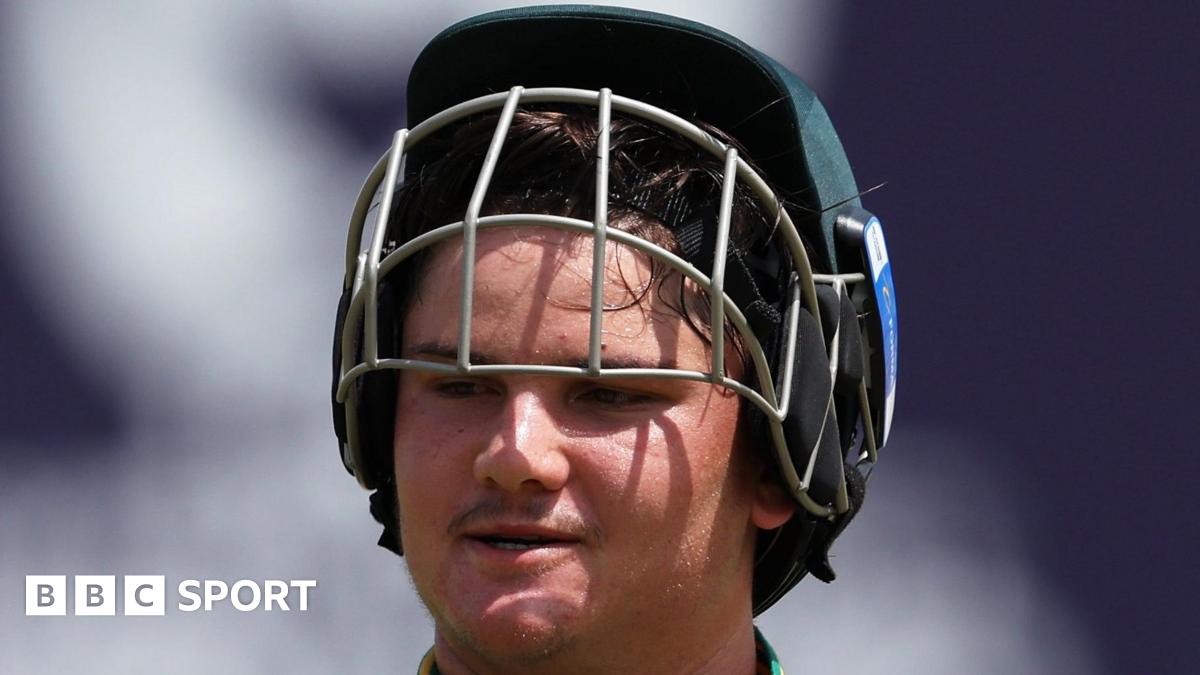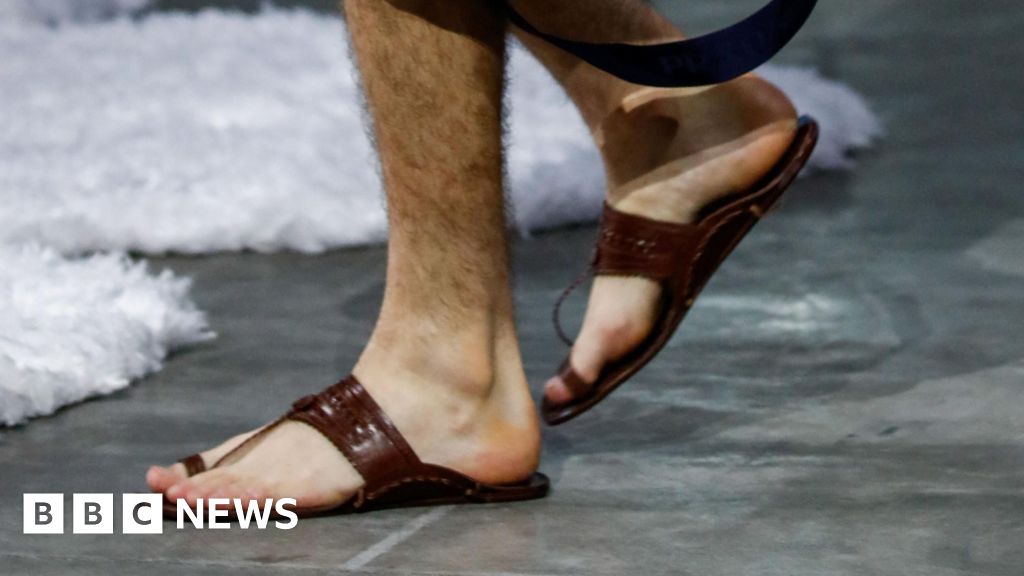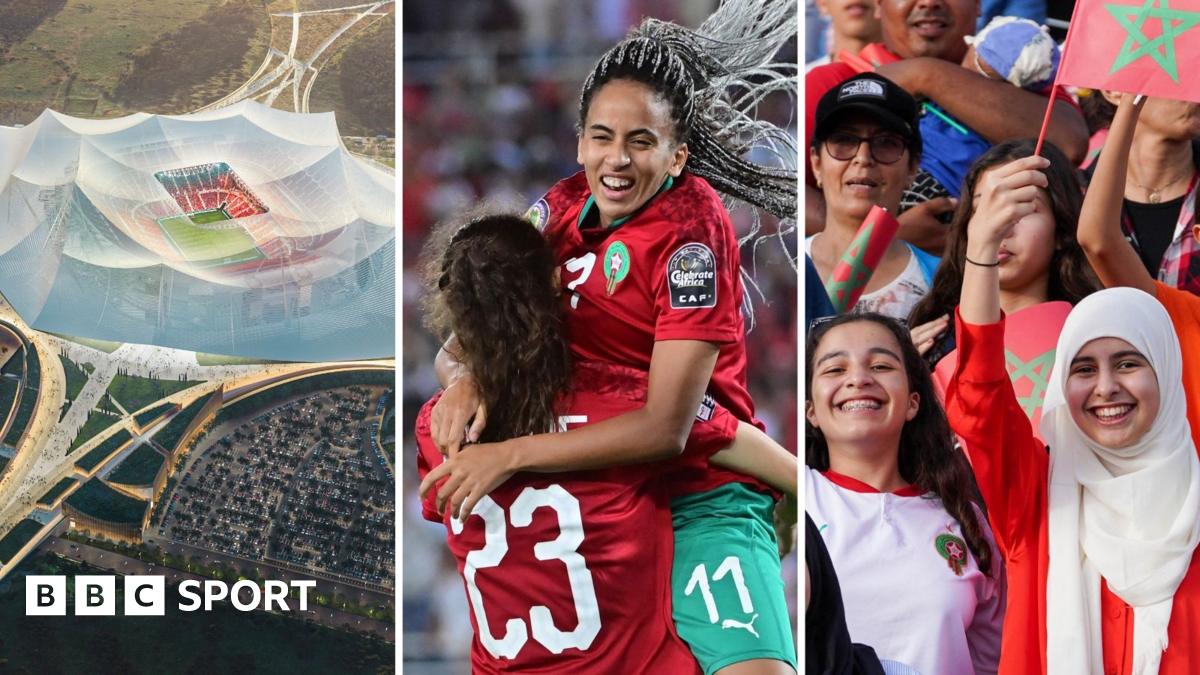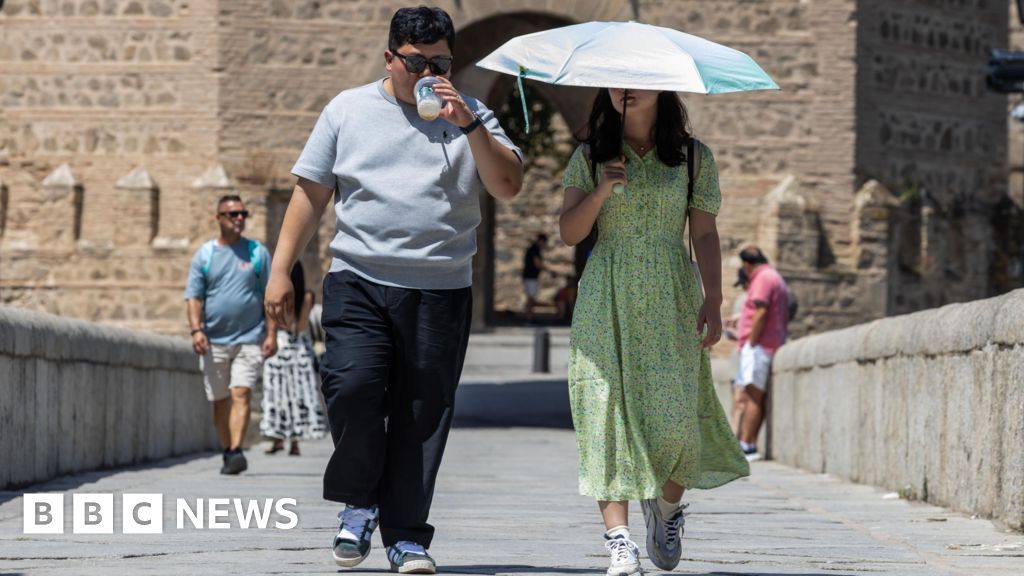Mali’s military junta has dissolved all political parties in the country amid a growing crackdown on dissent since the army seized power.
“All meetings of members of political parties and organisations of a political character are dissolved across the national territory,” according to a presidential decree read out on state TV on Tuesday.
It was signed by military leader Assimi Goïta, who seized power after coups in 2020 and 2021 and is due to stay in power for at least another five years despite pledges to hold elections.
The move is expected to spark fresh resistance by political parties who have been demanding the country returns to democratic rule.
Since last year, the military authorities have intensified a crackdown on political activity.
Last week, following a rare pro-democracy protest, two opposition leaders were abducted by armed men saying they were police officers. The authorities have not commented on the reported arrests.
A national conference organised by the regime – but boycotted by leading opposition parties – last month recommended naming Gen Goïta as president until 2030.
The move sparked condemnation from opposition figures and human rights groups. The junta originally committed to holding elections in February 2022.
The presidential decree warned Malians not to ignore the dissolution of political parties but did not outline any penalties.
It said that anyone working in a political or administrative role could “continue their duties without party affiliation”.
The order follows the suspension of all political activity – another recommendation from the national conference – which sparked uproar among the opposition.
A coalition of a hundred parties had planned a protest against the transitional authorities last week but postponed it following the suspension of political activities.
Opposition leaders have condemned the dissolution of political parties.
“No matter how hard they try to make you invisible, your value doesn’t depend on their recognition,” Nouhoum Togo, president of the Union for the Safeguarding of the Republic (USR) party, posted on social media.
Moussa Mara, a former prime minister and leader of the Yelema Party, described the junta’s restrictions as dealing “a severe blow to the reconciliation efforts initiated last year”.
Analyst Ulf Laessing said the country’s military leaders were trying to “break with old elites who had been in charge since independence and were seen as very close to former colonial power France”.
Since taking power, the junta leader has formed an alliance with coup leaders in neighbouring Burkina Faso and Niger, pivoting the region towards Russia after drastically reducing ties with former colonial power France.
Gen Goïta has also withdrawn Mali from the regional grouping Ecowas over its demands to restore democratic rule. Burkina Faso and Niger have also left the grouping.
You may also be interested in:
Go to BBCAfrica.com for more news from the African continent.
Follow us on Twitter @BBCAfrica, on Facebook at BBC Africa or on Instagram at bbcafrica
